Patriotism is usually stronger than class hatred, and always stronger than internationalism
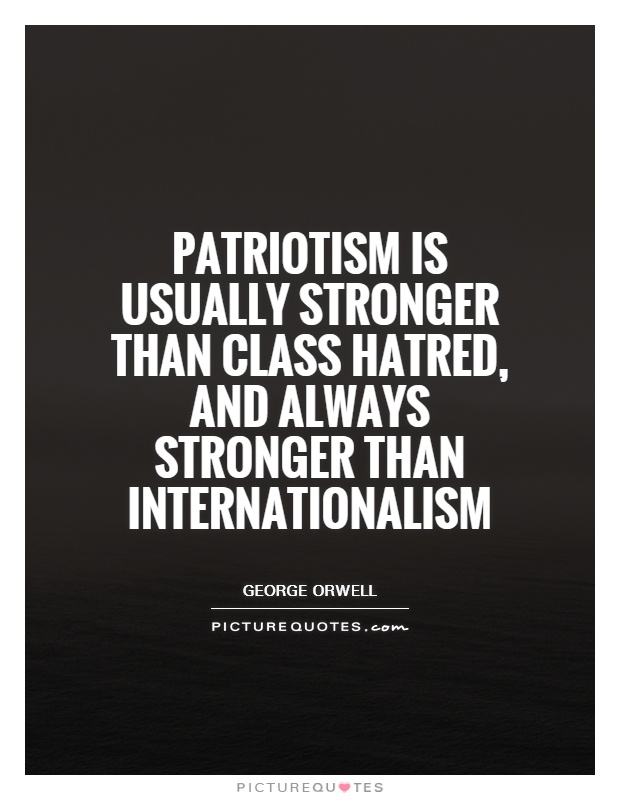
Patriotism is usually stronger than class hatred, and always stronger than internationalism
George Orwell, a renowned writer and political commentator, is known for his critical analysis of society and politics. In his works, Orwell often delves into the complexities of patriotism, class hatred, and internationalism. One of his most famous quotes, "Patriotism is usually stronger than class hatred, and always stronger than internationalism," encapsulates his views on these concepts.Orwell believed that patriotism, or love and devotion to one's country, is a powerful force that can unite people across different social classes. In times of crisis or conflict, individuals often rally around their shared national identity, putting aside their differences in class or status. This sense of unity and solidarity can be a potent force for social cohesion and collective action.
However, Orwell also recognized the dangers of blind patriotism, warning against the manipulation of nationalist sentiments by those in power. In his novel "1984," Orwell depicts a dystopian society where the ruling party uses propaganda and surveillance to control the population and suppress dissent. In this context, patriotism becomes a tool for maintaining authority and stifling dissent, rather than a force for unity and progress.

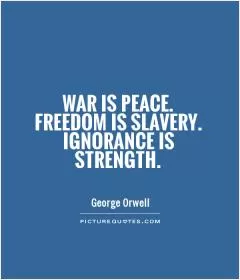
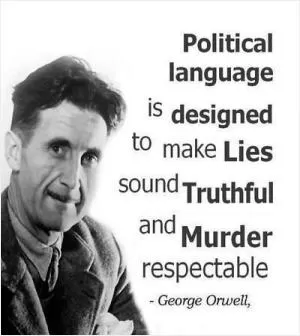
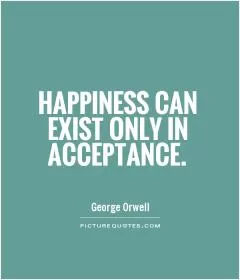
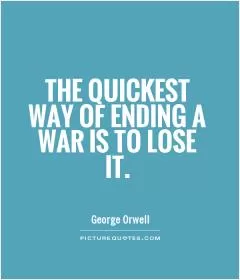
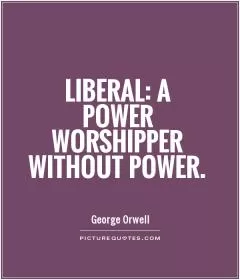
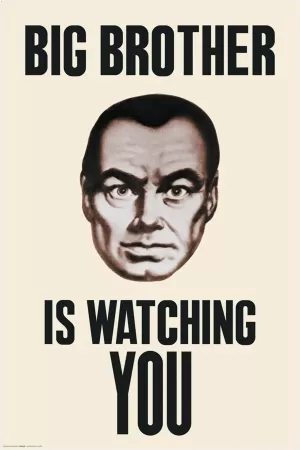
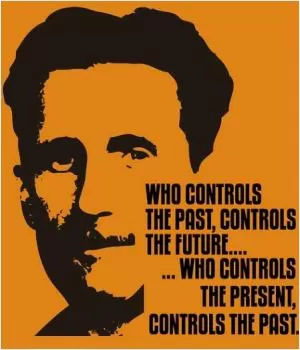
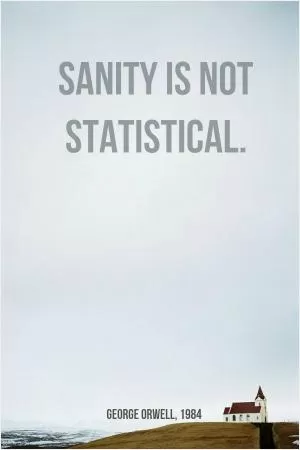



 Friendship Quotes
Friendship Quotes Love Quotes
Love Quotes Life Quotes
Life Quotes Funny Quotes
Funny Quotes Motivational Quotes
Motivational Quotes Inspirational Quotes
Inspirational Quotes